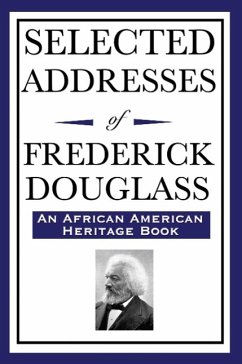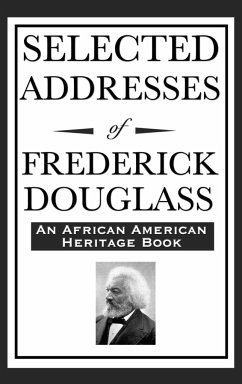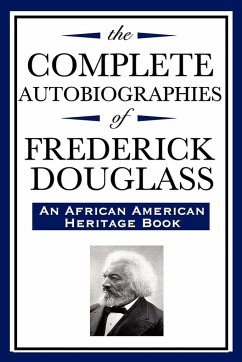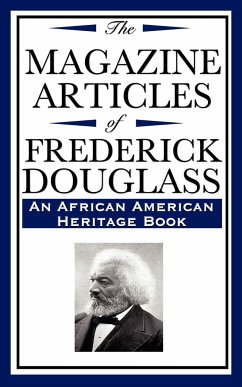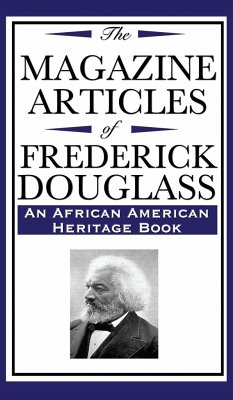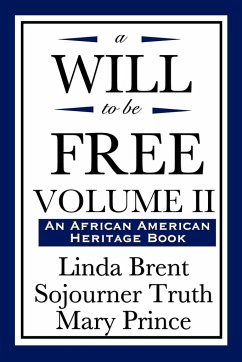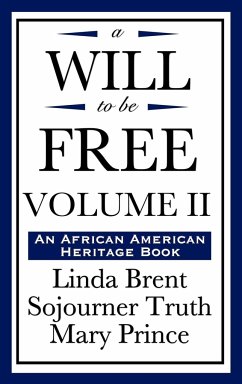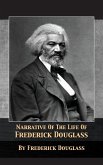Today Frederick Douglass is best known for his autobiographies; but while he was alive he was known as a fiery orator who was always in demand. Collected here are ten of Frederick Douglass' addresses. And while it is impossible to hear Frederick Douglass speak today, these addresses still manage to instill a sense of just how powerful and intelligent Douglass was. Included here are: The Meaning of July Fourth for the Negro, What the Black Man Wants, Appeal to Congress for Impartial Suffrage, The Color Line, The Future of the Colored Race, A Plea for Free Speech, The Church and Prejudice, Fighting Rebels with Only One Hand, The Negro Exodus from the Gulf States, and The Unconstitutionality of Slavery.
Hinweis: Dieser Artikel kann nur an eine deutsche Lieferadresse ausgeliefert werden.
Hinweis: Dieser Artikel kann nur an eine deutsche Lieferadresse ausgeliefert werden.

